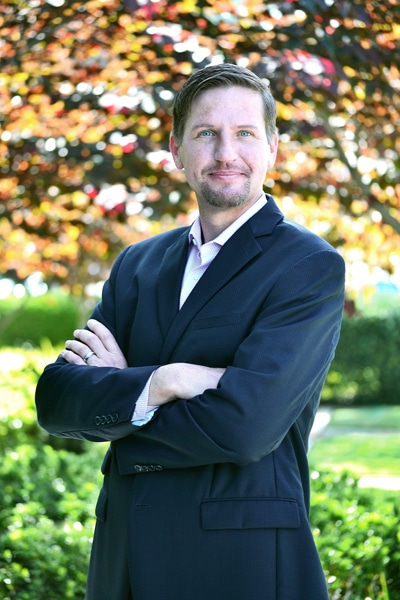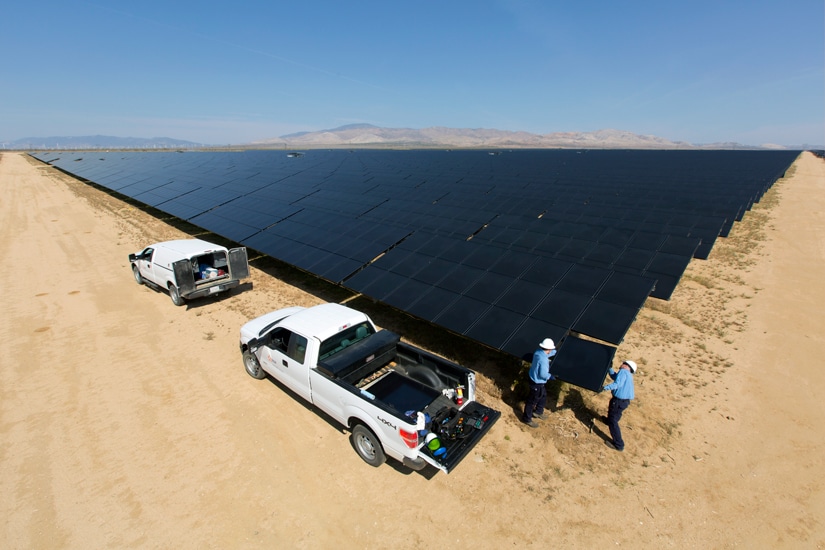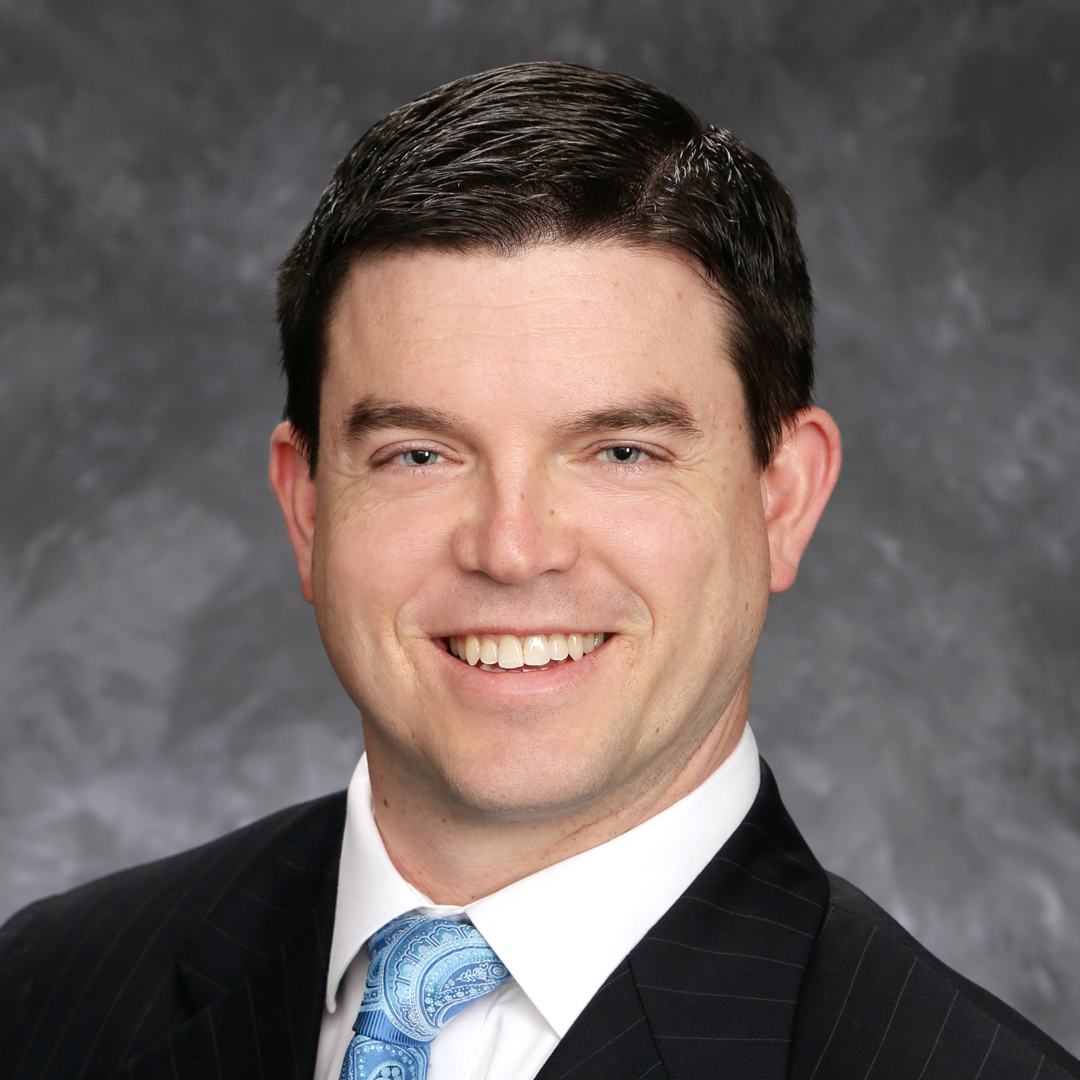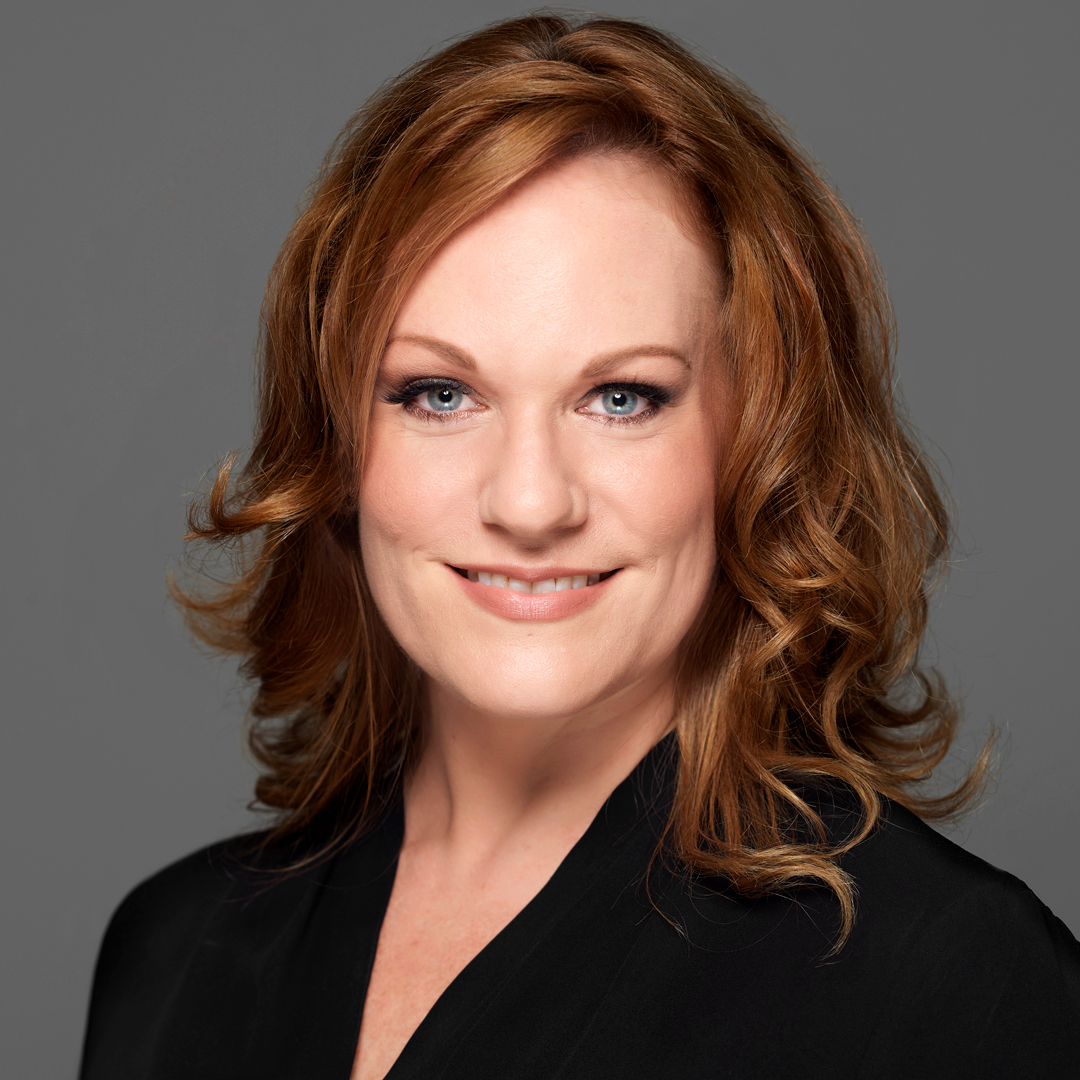At EDF Renewables, Joshua Pearson helps develop a great deal—the business, the company’s large-scale renewable energy projects, the people on his legal team. And that is exactly what he was looking for, says the vice president of legal and associate general counsel. Pearson grew up in a family full of people in the construction trades, and he even worked in the industry himself between his graduation from Dartmouth and his first year at the University of San Diego School of Law.
“I was looking for something that would provide an intellectual challenge and also allow me to drive around the country and actually look at the work the company has done,” Pearson explains. “It’s always so gratifying to have a tangible embodiment of the effort that I put forth. I also believe strongly in the power of clean energy—my work makes me feel like I am doing something positive for our planet.”

Pearson certainly has ample opportunity to see the tangible rewards of his hard work. EDF Renewables is the North American division of the EDF Group, one of the largest energy solutions and electricity-generating companies in the world. Right now, as a result of the impending end of US federal tax incentives for wind and solar projects, EDF Renewables is slated for more sustainable energy and energy storage projects than it has ever developed in the past.
“The tax credits were designed to help the fledgling renewable energy industry lower costs, and they have worked remarkably well,” says Pearson. “Even though the tax credits are being phased out, the actual capital costs of renewable energy projects have come down dramatically as the manufacturing base has increased and the technologies we rely on have improved. So as an industry and as a company, we will see more wind projects built in 2020 in the United States than in any other year prior.”
According to Pearson, EDF Renewables is uniquely equipped to handle this transformation in the industry because of its position in France and its “extraordinary” commitments to sustainability.
“Our parent company is based in Paris,” Pearson notes. “About 86 percent of the company is actually owned directly by the French government, which gives us access to substantial capital as well as some dexterity and flexibility in terms of the speed at which we can bring projects online.”
Simply put, this flexibility means that EDF Renewables is not as financially constrained as other renewable energy companies. Furthermore, EDF Renewables can conserve substantial carbon and human capital because it does not have to devote time and energy to finding new sources of funding. In turn, Pearson says, this means that EDF Renewables is often able to attract customers with the unusually low prices of its projects.

The second factor that differentiates EDF Renewables, Pearson believes, is the sheer commitment exemplified in its sustainability programs, like CAP 2030. Per that program, the EDF Group will double the company’s global renewable generation capacity by 2030, meaning countries and regions that previously had access to about 25 gigawatts of renewable energy will be able to tap into 50 gigawatts. But despite its impressive nature, Pearson emphasizes that the CAP 2030 program is “just one of the many extraordinary commitments to renewable energy that this company regularly makes.”
As VP and associate GC, Pearson facilitates the execution of those programs and the development of the company’s many projects by acting as a “sleeve” between the company’s internal commercial teams and its external lawyers and experts. He and his team hold a critical role within the company, Pearson remarks, because they know the business better than any of the outside consultants. “We know the commercial expectations within EDF Renewables, so we are uniquely positioned to be able to translate those desires as well as technical legal issues to our outside counsel,” he says.
While Pearson himself used to focus primarily on this client-facing, project-oriented work, he is now devoting himself to the development of his team so that they can shoulder some of those responsibilities. “I take a lot of pride in that, in my ability to assist in their professional development,” Pearson offers. “And while I’m doing that, I’m also building out their expertise about the industry so that they don’t have to go through the incredibly intense learning process I had to go through when I first came to the company.”


